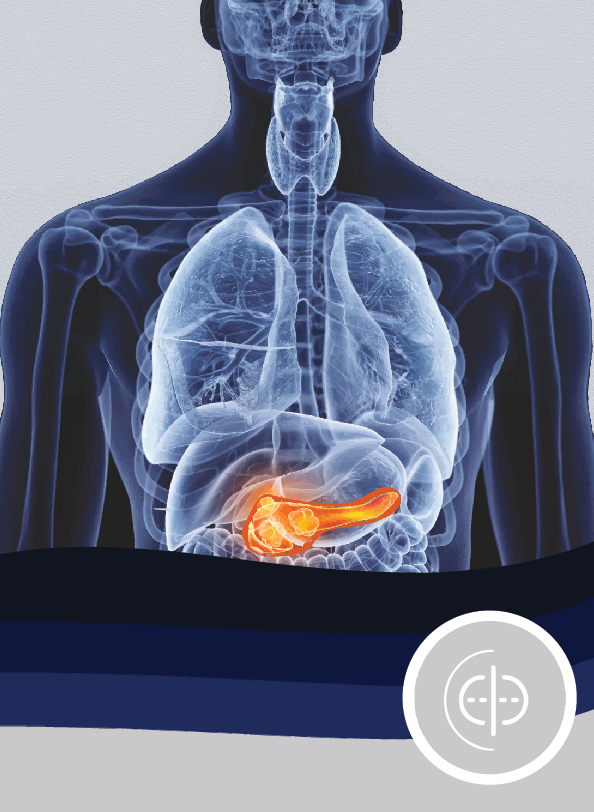The MONTE Workflow: Enabling Deep Analysis of Sample-Limited Tissues
The limited availability of patient tissue samples poses a constant challenge for omics researchers, particularly in determining which analyses are feasible based on sample input requirements. Existing parallel workflows for multi-omic analyses have yielded valuable insights but are often restricted to the analysis of one or two post-translational modifications. The MONTE workflow, described by the Carr lab in a recent study published in Nature Communications, addresses these limitations.

 Despite extensive clinical and scientific efforts, pancreatic ductal adenocarcinoma (PDAC) remains one of the leading causes of cancer-related deaths in Korea and around the world. Prior analyses of PDAC tissues have identified key genomic features of the disease, but proteomic signatures have not been characterized to the same extent.
Despite extensive clinical and scientific efforts, pancreatic ductal adenocarcinoma (PDAC) remains one of the leading causes of cancer-related deaths in Korea and around the world. Prior analyses of PDAC tissues have identified key genomic features of the disease, but proteomic signatures have not been characterized to the same extent.